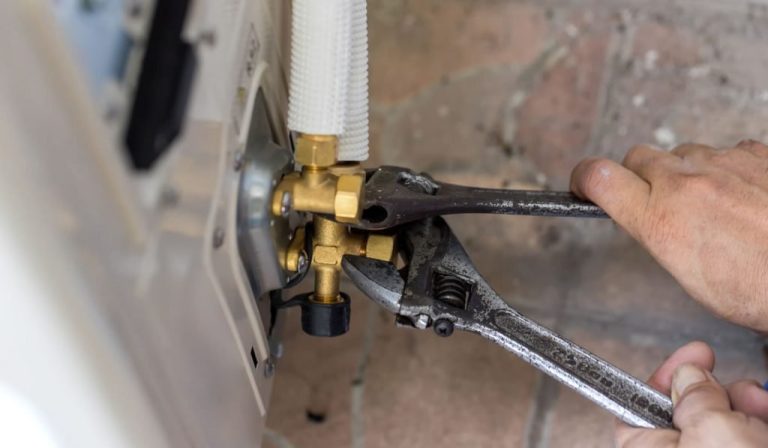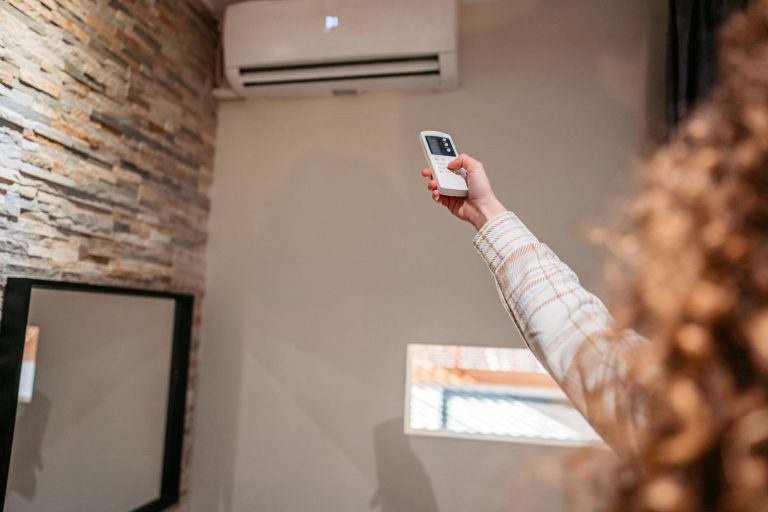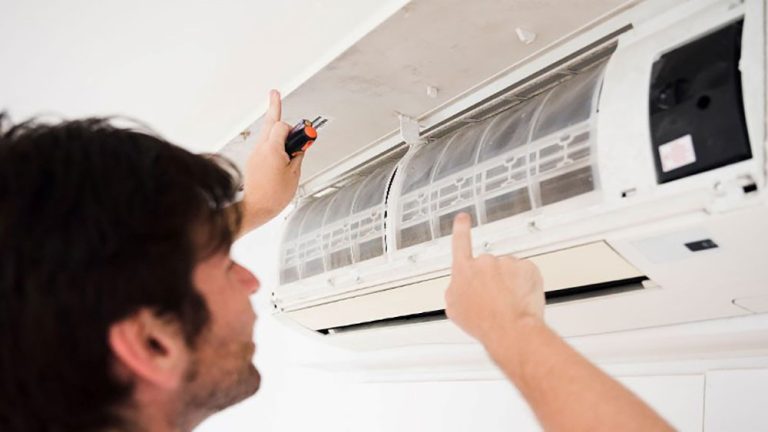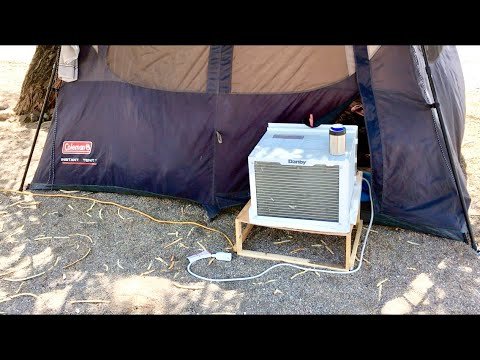Can Air Conditioner Cause Nosebleeds? Unveiling The Surprising Link
Yes, air conditioners can cause nosebleeds. Factors such as dry air, low humidity levels, and changes in temperature can contribute to nasal dryness and irritation, increasing the risk of nosebleeds. Maintaining proper humidity levels and using a humidifier can help alleviate this issue.
Air conditioners have become an essential part of modern life, allowing us to escape the sweltering heat and create a comfortable oasis indoors. But have you ever considered the potential impact of this cooling companion on our health? Specifically, the connection between air conditioners and nosebleeds has piqued the curiosity of individuals who frequently use these devices or live in regions with scorching climates.
As we strive for optimal indoor air quality, it is important to delve into the possible consequences of our beloved air conditioners. Nosebleeds, often dismissed as a fleeting inconvenience, can actually serve as a red flag for underlying health concerns.
Could the very appliance we rely on to beat the heat be contributing to this discomforting occurrence? To fully grasp the potential relationship between air conditioners and nosebleeds, we must understand the factors at play. Our environment, both indoors and outdoors, plays a significant role in our overall well-being. Indoor air quality, affected by various sources including air conditioning, can have a direct impact on our respiratory health.
In this article, we will explore the research and anecdotal evidence surrounding the question: can air conditioners cause nosebleeds? By bringing together insights from medical professionals, scientific studies, and personal experiences, we aim to shed light on this matter and empower you, the reader, with a deeper understanding of the potential risks and preventive measures. So, let’s turn up the cool factor on our knowledge and explore the fascinating association between air conditioners and nosebleeds.
The Physiology of Nosebleeds
Before diving into the potential connection between air conditioners and nosebleeds, let’s first understand the physiology behind nosebleeds. The medical term for a nosebleed is epistaxis, which occurs when the delicate blood vessels in the nose rupture and bleed.
The nose contains a rich network of blood vessels, known as the nasal mucosa. These blood vessels are highly sensitive and can easily break, leading to bleeding from the nose. Common causes of nosebleeds include dry air, nose picking, excessive blowing of the nose, trauma, and certain medical conditions.
When we breathe in dry or polluted air, the delicate nasal mucosa can become irritated and dry. This dryness can cause the blood vessels to become more fragile and prone to rupture, resulting in nosebleeds. Now, let’s explore how air conditioners may contribute to this phenomenon.
Humidity Levels and Air Conditioners
Air conditioners work by removing heat and moisture from the air, creating a cool and comfortable indoor environment. However, this process can also lead to a decrease in humidity levels.
Low humidity levels can cause the nasal mucosa to dry out, making it more susceptible to irritation and bleeding. When the air conditioner is running for extended periods, especially in dry environments, it can exacerbate the dryness and potentially contribute to nosebleeds.
Temperature Changes and Nasal Blood Flow
Another factor to consider is the rapid temperature changes that occur when moving between the cool environment created by the air conditioner and the hot outdoor climate. These temperature fluctuations can affect the blood flow in the nasal blood vessels.
When we transition from a cold environment to a hot one, or vice versa, the blood vessels in our nose undergo constriction and dilation to regulate temperature. This process of vasoconstriction and vasodilation can place strain on the blood vessels, potentially leading to nosebleeds.
Preventing Nosebleeds While Using an Air Conditioner
While the association between air conditioners and nosebleeds is not definitive, there are steps you can take to minimize the risk of experiencing nosebleeds while using an air conditioner:
- Maintain adequate humidity levels in your home by using a humidifier alongside your air conditioner.
- Keep yourself hydrated by drinking plenty of water throughout the day.
- Avoid excessive nose picking or blowing your nose too forcefully.
- Consider using a saline nasal spray to keep your nasal passages moist.
- Take breaks from cold air-conditioned environments to allow your body to adjust to temperature changes gradually.
It is important to note that if you experience frequent or persistent nosebleeds, it is advisable to consult a healthcare professional. They can help identify any underlying medical conditions or provide specific guidance tailored to your situation.
The Bottom Line
While air conditioners may contribute to nosebleeds in certain situations, the correlation is not absolute. The occurrence of nosebleeds can be influenced by various factors, including individual susceptibility and overall nasal health.
If you experience nosebleeds while using an air conditioner, paying attention to humidity levels, staying hydrated, and taking preventive measures can help reduce the risk. By understanding the physiology behind nosebleeds and being mindful of environmental factors, you can enjoy the benefits of air conditioning without undue concern.
Nose Bleed – cause & prevention | nasal bleeding |Dr.Education (Hindi)
Can an air conditioner cause nosebleeds?
What can I do to prevent nosebleeds from air conditioning?
Are there any other factors that can contribute to nosebleeds?
Is it normal to have occasional nosebleeds?
When should I see a doctor for nosebleeds?
Final Words: Managing Nosebleeds with Air Conditioners
In conclusion, while there is a potential connection between air conditioners and nosebleeds, the correlation is not absolute. Nosebleeds, or epistaxis, occur when the delicate blood vessels in the nose rupture and bleed.
Dry air, including that caused by air conditioners, can irritate and dry out the nasal mucosa, making blood vessels more fragile and prone to rupture. Additionally, the rapid temperature changes experienced when moving between the cool air-conditioned environment and hot outdoor climate can place strain on the nasal blood vessels.
To minimize the risk of nosebleeds while using an air conditioner, it is important to maintain adequate humidity levels in your home by using a humidifier. Staying hydrated by drinking plenty of water throughout the day can also help keep the nasal passages moist. Avoiding excessive nose picking or forceful blowing of the nose is advised.
Consider using a saline nasal spray to keep the nasal passages moist, and take breaks from cold air-conditioned environments to allow your body to adjust to temperature changes gradually. It is important to consult a healthcare professional if you experience frequent or persistent nosebleeds, as they can help identify any underlying medical conditions or provide specific guidance tailored to your situation. Overall, while air conditioners may contribute to nosebleeds in certain situations, the occurrence of nosebleeds can be influenced by individual susceptibility and overall nasal health.






